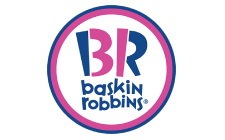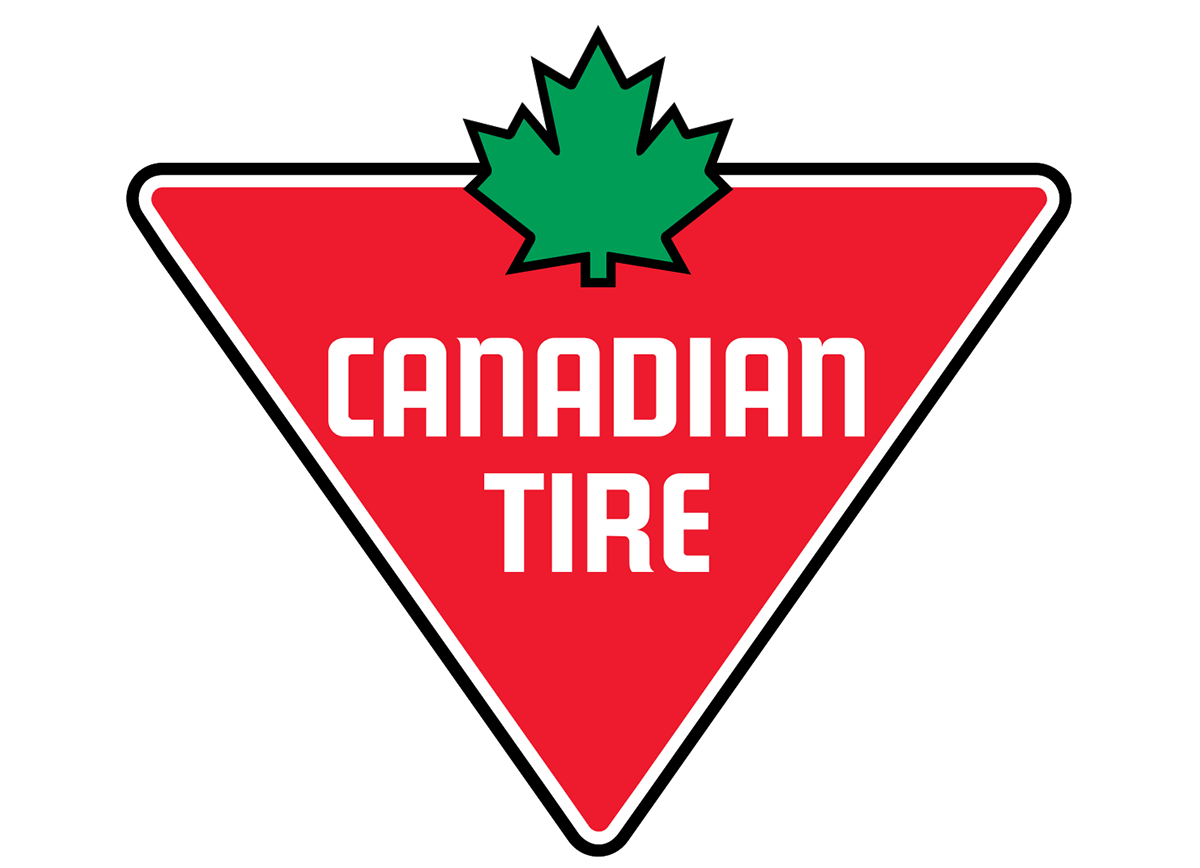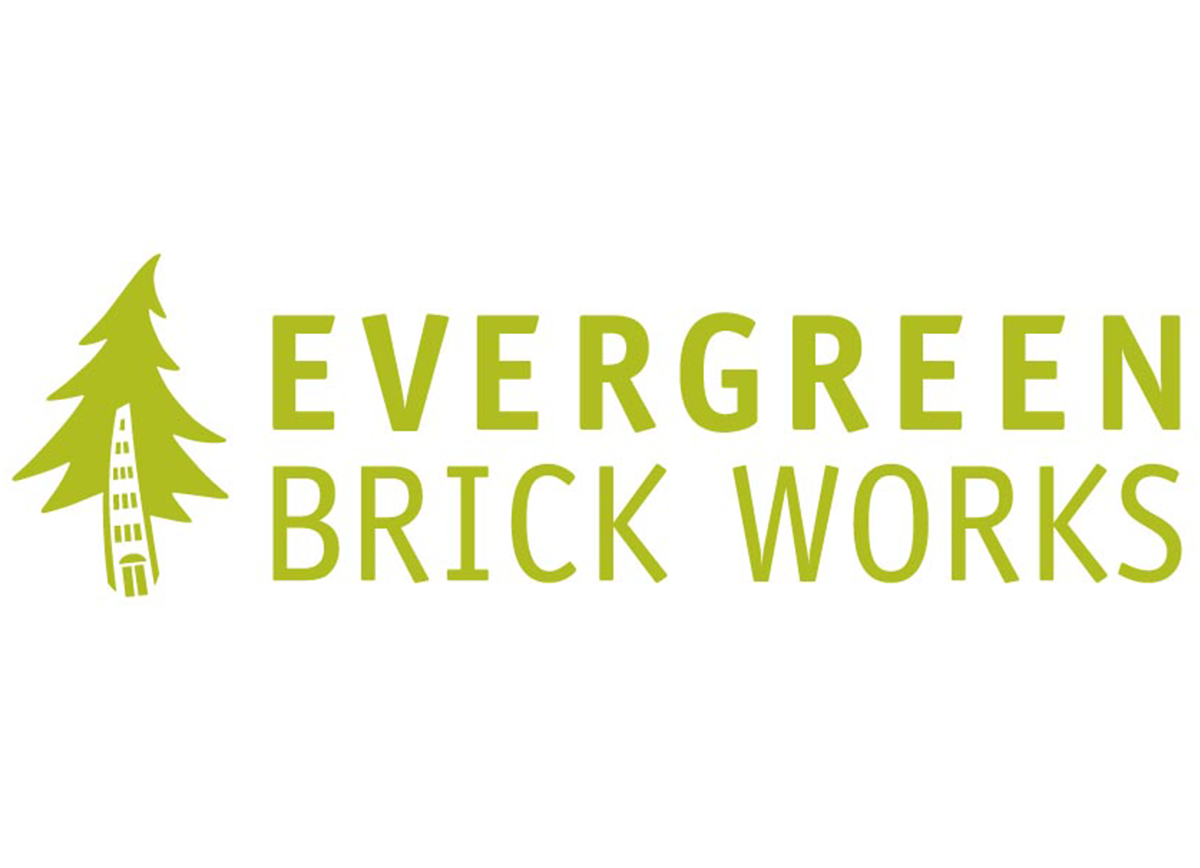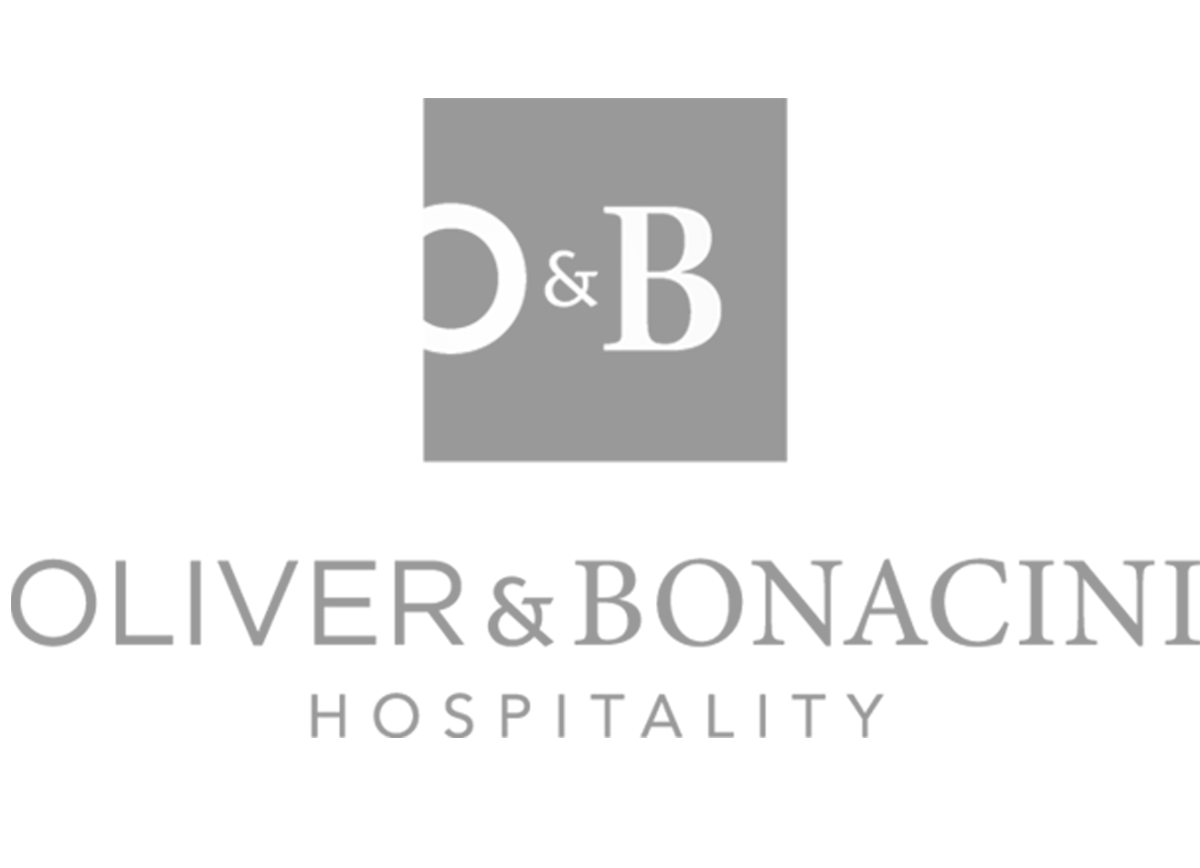Spring is here, and we are only weeks away from the first long weekend of the season. What’s more fun than some fireworks from the local variety store to celebrate a holiday at the cottage or backyard?
The vibrant colours and eye-catching bursts can make you forget how dangerous they can be. However, there have been many unfortunate incidents. For example, About 50 people north of Montreal, Que., got a sobering reminder of the dangers involved in Fireworks.
During the festivities, people in Terrebonne, Que., set off fireworks in a backyard. One of the colourful explosives hit the roof of a nearby home under construction. The flames spread rapidly, damaging six homes and causing about $1 million in damages. Luckily, no one was hurt as 49 firefighters battled the fire.
This is why the Explosives Act, administered by the Explosives Regulatory Division (ERD) of Natural Resources Canada, restricts the sale and purchase of fireworks and recommends safety precautions.
Canada allows fireworks in two categories: display and family or consumer. Display fireworks can only be set off by experienced, licensed adults and crowd supervision is mandatory. Organizers need a permit. According to the Canada Safety Council, more than 16,500 Canadians are licensed to conduct exhibition demonstrations.
Family or consumer fireworks are those used by the general public. Some common types of these are:
Roman candles, wheels, fountains, barrages, sparklers and more.
They are designed for recreational use by the public, but there are safety procedures that people should follow.
There are Important Safety procedures:
Follow the Laws. The ERD has explosive regulations governing the use of fireworks. Still, provinces, territories or cities may have their regulations, such as restricting the purchase and use to certain times of the year. People must be at least 18 years of age to purchase fireworks.
Buy fireworks only from reliable dealers. ERD has lists of authorized manufacturers in Canada and abroad. A bilingual label is another indication that fireworks are authorized. Do not use or smuggle fireworks from another country because the quality is questionable, and they may be a safety hazard. Making your fireworks is not recommended.
Store fireworks properly. Please keep them in a cool, dry place away from children. Check to see if there are any special handling instructions. Ten kilograms gross weight is the maximum amount that can be stored in a dwelling. Amounts more significant than that must be kept in a separate, locked building.
Transportation. Fireworks must be transported in a vehicle’s trunk, not the passenger compartment. If your vehicle doesn’t have a trunk, put them in a container with a lid. Please do not smoke while loading, transporting or unloading them.
Getting started
Set-up. Use fireworks outdoors, never indoors. That goes for sparklers, too. The Canada Safety Council says sparklers can burn as hot as 650 F and recommends they be used outdoors — on a driveway, sidewalk or another fire-resistant surface. It recommends sparklers be used under adult supervision. Once they’ve burned, they should be doused and placed immediately in a metal container. The council recommends not substituting sparklers for candles on a cake.
Choose a clear, open area. The area should be far away from buildings, vehicles, overhead obstructions and dry brush or grass. There should be a minimum clear area of 30 metres by 30 metres for aerial family fireworks, like roman candles, and 20 metres by 20 metres for fountains and other ground-based fireworks.
Check for wind. Fireworks should be lit with the winds blowing away from spectators. If winds are strong, do not set off fireworks.
Have water nearby. A bucket or a filled hose should be kept nearby in case of emergency.
Read all instructions. Directions for each of the products should be read in advance.
Use ground-based fireworks on a hard surface. Ground-based fireworks, like fountains, should be lit on a hard, flat surface to make sure they are stable. On grass, plywood should be laid down first.
Bury aerial fireworks. For roman candles, bury (do not pile) the device half its length in the ground or a large pail or box filled with earth or sand.
Keep spectators safe. All onlookers should be at least 20 metres away from the displays.
Setting off fireworks
Use proper eye protection and clothing. Wear safety goggles or safety glasses. Regular glasses or sunglasses do not provide adequate protection and could potentially make injuries worse. Wear non-flammable clothing such as cotton. Do not wear synthetic fabrics such as nylon or polyester.
Keep children away. Do not let children handle or play with them, even sparklers.
Use care when handling fireworks. Do not drop them or smoke while handling them. Do not carry them in your pockets.
Use care when setting off fireworks. Only one person should be in charge of lighting fireworks. Do not put any part of your body over fireworks or touch them with your hands when lighting fireworks. Never point or throw them at people. During the show, keep unused fireworks away from the firing area and cover them to keep from setting them off by accident.
Duds or misfires. Never try to re-light fireworks that have misfired. Wait 30 minutes, then dunk them in a bucket of water.
Clean up afterwards. Wait half an hour after the show has finished. Then check the area for duds and clean up debris. Recheck the following day.
And finally, remember that while you enjoy fireworks, your neighbours may not. In an urban setting be mindful of your neighbours. Fireworks can scare small children and pets. Alcohol and fireworks don’t mix, don’t drink and work with these items. Check with your neighbours and a neighbourhood association before proceeding. You might be able to pool your resources for a safe, enjoyable show for the entire community.
- Access Control
- Alarm monitoring
- Alarm Systems
- cannabis
- cannabis retailer
- CCTV Cameras
- Childproof Doors
- Commercial Security
- Construction Security
- Cybersecurity
- Digital Safety
- Door Bell
- Ethernet
- fire
- flood
- garage
- General Category
- Halloween
- holiday
- home
- home automation
- Home Safety
- Home Security
- Home Security System
- In the News
- intercom
- internet
- life insurance
- Locksmith
- Move Ahead
- moving
- MUL-T-LOCK
- natural disasters
- New Years
- Office Security
- Personal Safety
- Pet Protection
- real estate
- Safes
- Safes
- safety
- school
- Security Cameras
- Security Film
- Security Industry News
- Security Systems
- Security Tips
- security window film
- Senior Safety
- shoplifting
- Small Business
- Small Business security
- social media
- social network
- Sports Safety
- summer
- vacation
- Video Alarm Monitoring
- web
- web surfing
- Webdesign
- Window Film
- winter
- Workplace safety


















































